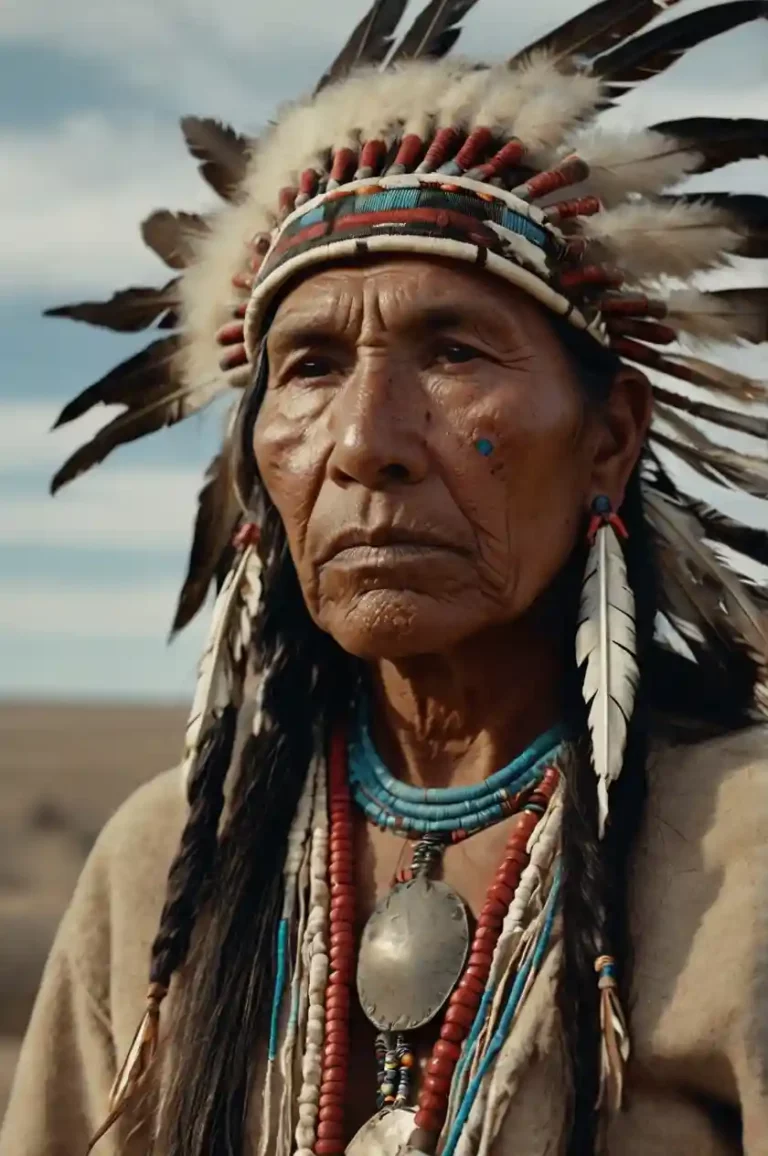The Struggles of Native Americans: A Land Without Limits
For centuries, Native Americans have faced immense challenges as they strive to preserve their culture, identity, and rights in the face of systemic oppression and historical injustices. Their story is one of resilience, survival, and an unyielding connection to their ancestral lands. However, the struggles they endure today remain deeply rooted in the history of colonization, displacement, and marginalization. In this article, we delve into the ongoing challenges Native Americans face and explore the importance of honoring their heritage in a land that once knew no limits.
The Historical Context of Oppression
The struggles of Native Americans can be traced back to the arrival of European settlers on the continent. What began as trade and cultural exchange quickly turned into a systematic effort to claim and control Native lands. Through forced removal policies such as the Indian Removal Act of 1830, Native tribes were displaced from their ancestral territories and pushed onto reservations. The infamous Trail of Tears is a grim reminder of this forced migration, where thousands of Native Americans lost their lives.
The colonization process not only stripped Native Americans of their land but also sought to erase their culture through assimilation programs. Boarding schools were established with the intent to “civilize” Native children by severing their ties to their language, traditions, and families. These historical events have left a lasting impact on Native communities, creating intergenerational trauma that persists to this day.
Modern-Day Challenges for Native Americans
Despite their rich cultural heritage and contributions to society, Native Americans continue to face significant struggles in modern times. Below are some of the key challenges they encounter:
1. Land Rights and Environmental Justice
While many Native tribes have fought to regain control over their ancestral lands, disputes over land rights remain a contentious issue. Sacred sites are often threatened by industrial development, mining, and oil pipelines. For example, the Dakota Access Pipeline protests demonstrated the ongoing battle between Native sovereignty and corporate interests.
2. Economic Inequality
Native American reservations are often located in remote areas with limited access to resources and opportunities. This has led to high rates of poverty and unemployment within many Native communities. Lack of infrastructure and investment further exacerbates these economic disparities.
3. Health Disparities
Native Americans experience some of the worst health outcomes in the United States. Chronic illnesses such as diabetes, heart disease, and substance abuse are prevalent due to limited access to quality healthcare services. Additionally, mental health issues like depression and suicide are alarmingly high among Native populations, particularly among youth.
4. Cultural Preservation
The erosion of Native languages, traditions, and spiritual practices poses a significant threat to their cultural identity. Efforts to revitalize these aspects are underway, but they require substantial support from both within and outside their communities.
5. Systemic Racism
Native Americans are often overlooked in conversations about racial inequality. They face discrimination in education, employment, and the justice system. The lack of representation in media and politics further marginalizes their voices.
Honoring Native American Heritage
Amid these challenges, it is crucial to recognize the resilience and strength of Native American communities. Many tribes are actively working to preserve their culture through language revitalization programs, traditional ceremonies, and educational initiatives. Organizations like the National Congress of American Indians (NCAI) advocate for policies that protect tribal sovereignty and promote economic development.
Furthermore, non-Native individuals can play a role in supporting these efforts by educating themselves about Native history, respecting tribal sovereignty, and amplifying Native voices. Acknowledging the land we live on as Indigenous territory is a simple yet powerful way to honor their legacy.
Frequently Asked Questions (FAQ)
Q: Why is land so important to Native Americans?
A: For Native Americans, land is more than just a physical space—it holds spiritual, cultural, and historical significance. It is deeply tied to their identity and way of life.
Q: What can I do to support Native American communities?
A: You can support Native communities by learning about their history, donating to Indigenous-led organizations, advocating for policies that protect their rights, and respecting their traditions and sovereignty.
Q: Are there any laws protecting Native American rights?
A: Yes, there are laws like the Indian Self-Determination Act and the Native American Graves Protection and Repatriation Act (NAGPRA). However, enforcement remains a challenge.
Q: How can we help preserve Native languages?
A: Supporting language revitalization programs and encouraging educational institutions to include Native languages in their curriculum can help preserve these languages for future generations.
Conclusion
The struggles of Native Americans are a testament to the enduring impact of colonization and systemic inequities. Yet, their resilience and determination continue to inspire hope for a better future. By acknowledging their history, advocating for their rights, and celebrating their culture, we can work together to create a society that respects and uplifts Indigenous peoples. After all, this land—once without limits—holds the stories of those who have cared for it since time immemorial.





